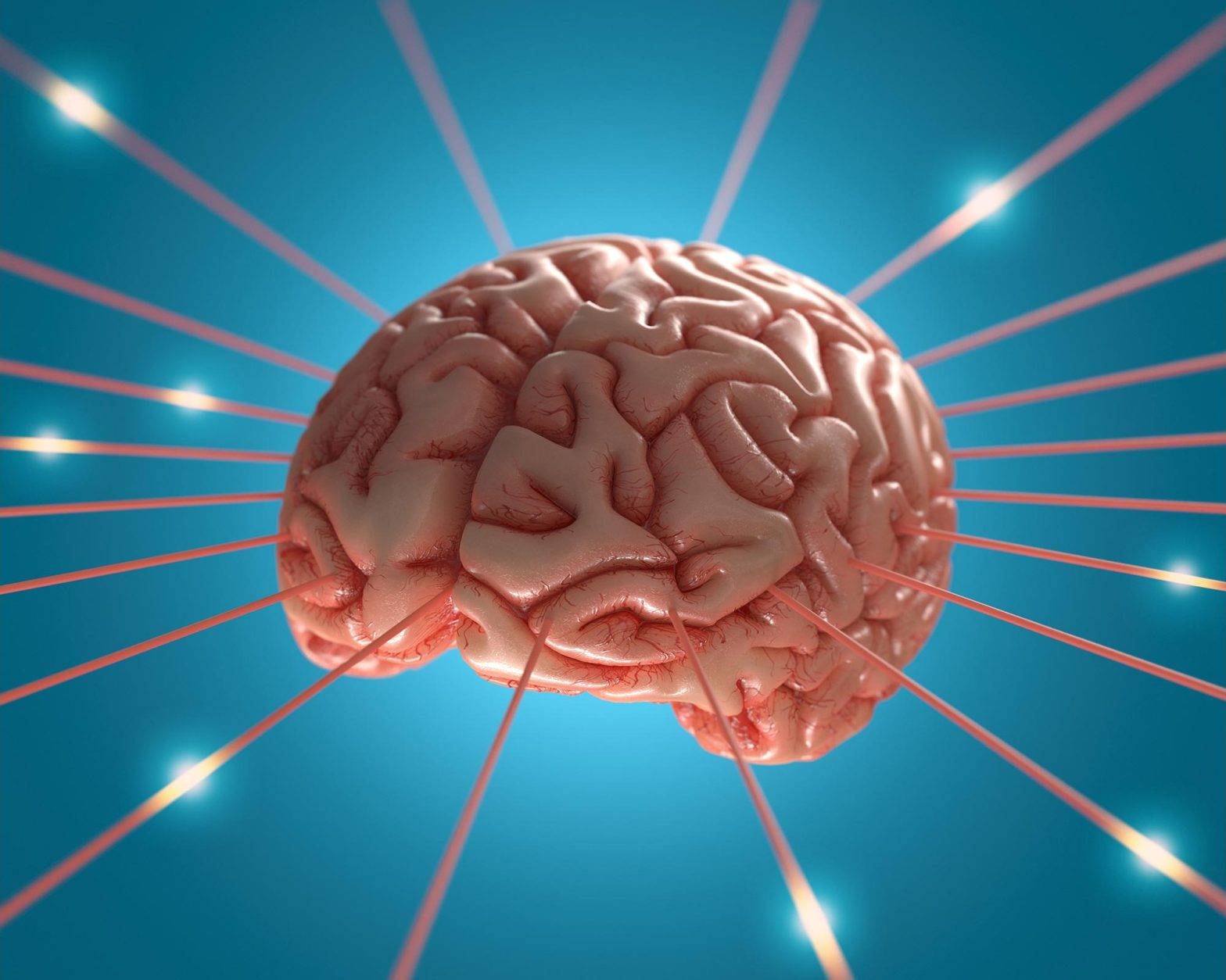Sugar consumption has become a defining characteristic of modern diets, with the average person consuming far more than the recommended daily allowance. While we often focus on sugar’s impact on physical health—weight gain, diabetes, and dental problems—its effects on brain function and emotional well-being are equally profound and concerning. The relationship between sugar and mental health is complex, involving intricate neurochemical processes that can significantly alter mood, cognitive function, and long-term brain health.
When sugar enters your system, it doesn’t just provide a quick energy boost; it triggers a cascade of neurological responses that can influence everything from your ability to concentrate to your emotional stability. The brain, which consumes approximately 20% of the body’s total energy, is particularly sensitive to fluctuations in blood glucose levels. These fluctuations can create a rollercoaster effect on mood and cognitive performance that many people experience but don’t fully understand.
Recent research has revealed that sugar’s impact on the brain extends far beyond temporary energy spikes and crashes. Chronic high sugar consumption can lead to lasting changes in brain structure and function, affecting neurotransmitter production, inflammatory responses, and even the brain’s ability to form new neural connections. Understanding these mechanisms is crucial for making informed dietary choices that support both mental and physical health.
The implications of sugar’s effects on brain health are particularly concerning given the prevalence of high-sugar diets, especially among adolescents and young adults who consume the highest amounts of processed foods and sugary beverages. As we delve deeper into the science behind sugar’s impact on the brain and mood, it becomes clear that what we eat profoundly shapes how we think, feel, and function mentally.
The Neurochemical Impact of Sugar

Sugar’s most immediate effect on the brain involves the release of dopamine, a neurotransmitter central to the brain’s reward system. When sugar touches your tongue, taste receptors send signals to the brain that trigger dopamine release in the reward pathways. This creates an immediate feeling of pleasure and satisfaction, which explains why sugary foods can be so appealing and potentially addictive.
However, this dopamine response comes with significant consequences. Over time, the brain becomes desensitized to these dopamine surges, requiring increasingly larger amounts of sugar to achieve the same pleasurable effect. This process mirrors what occurs in substance addiction, creating a cycle where individuals crave more sugar to maintain their mood and energy levels.
Sugar also affects serotonin production, another crucial neurotransmitter responsible for mood regulation. Initially, sugar consumption can boost serotonin levels, contributing to feelings of happiness and well-being. However, excessive sugar intake can deplete serotonin stores over time, leading to mood crashes, irritability, and increased susceptibility to depression.
Research has shown that high sugar consumption can reduce the production of brain-derived neurotrophic factor (BDNF), a protein essential for neuron growth and formation. Lower BDNF levels are associated with increased risk of anxiety, depression, and cognitive decline, highlighting how sugar consumption can have lasting effects on mental health.
Blood Sugar Fluctuations and Mood Swings

One of the most noticeable effects of sugar consumption is the characteristic energy spike followed by a dramatic crash. This phenomenon occurs because refined sugars are rapidly absorbed into the bloodstream, causing blood glucose levels to rise quickly. In response, the pancreas releases large amounts of insulin to manage this glucose surge.
The rapid insulin response often overcorrects, causing blood sugar levels to drop below normal ranges. This hypoglycemic state triggers the release of stress hormones like adrenaline and cortisol, which can cause symptoms including irritability, anxiety, difficulty concentrating, and mood swings. These fluctuations create an emotional rollercoaster that can significantly impact daily functioning and interpersonal relationships.
For individuals with anxiety disorders, sugar-induced blood sugar fluctuations can be particularly problematic. The adrenaline surge that accompanies blood sugar crashes can intensify feelings of panic, worry, and hypervigilance. This creates a vicious cycle where people may reach for more sugar to alleviate these uncomfortable feelings, perpetuating the problem.
The timing and severity of these mood swings can vary depending on factors such as the type of sugar consumed, individual metabolism, and dietary patterns. Refined sugars found in candy, sodas, and processed foods tend to cause more dramatic fluctuations compared to natural sugars found in whole fruits, which are accompanied by fiber that slows absorption.
Cognitive Function and Memory Impairment

Sugar’s impact on cognitive function extends beyond mood regulation to affect fundamental brain processes like memory, learning, and executive function. High blood glucose levels can impair the brain’s functional connectivity, disrupting communication between different brain regions. This can result in difficulties with concentration, decision-making, and information processing.
Research has demonstrated that excessive sugar consumption can lead to inflammation in the brain, which damages neural pathways and impairs cognitive function. This neuroinflammation has been linked to increased risk of neurodegenerative diseases, including Alzheimer’s disease and other forms of dementia. The inflammatory response triggered by high sugar intake can persist long after consumption, creating chronic conditions that gradually erode cognitive abilities.
Studies have shown that sugar consumption can specifically impact the hippocampus, the brain region responsible for learning and memory formation. High sugar diets have been associated with reduced hippocampal volume and impaired memory performance in both animal and human studies. This is particularly concerning given that the hippocampus is one of the first brain regions affected by age-related cognitive decline.
Insulin resistance, often resulting from chronic high sugar consumption, also plays a role in cognitive impairment. When brain cells become resistant to insulin, they cannot effectively utilize glucose for energy, leading to reduced cognitive performance and increased risk of neurodegenerative diseases.
Long-term Mental Health Consequences
The long-term effects of high sugar consumption on mental health are particularly alarming. Research has shown that adolescents who consume high-sugar diets may experience lasting changes in brain chemistry that persist into adulthood, even after returning to healthier eating patterns. This suggests that there may be critical periods during brain development when sugar consumption can have irreversible effects.
Chronic sugar consumption has been linked to increased rates of depression and anxiety disorders. The mechanisms behind this association include chronic inflammation, disrupted neurotransmitter balance, and impaired stress response systems. High sugar diets can reduce the brain’s resilience to emotional distress and impair its ability to recover from stressful experiences.
The gut-brain connection also plays a crucial role in sugar’s long-term mental health effects. Excessive sugar consumption disrupts the gut microbiome, reducing beneficial bacteria that produce neurotransmitters and regulate immune function. This disruption can increase susceptibility to mood disorders and reduce the effectiveness of treatments for mental health conditions.
Furthermore, the addictive potential of sugar can create psychological dependence that complicates mental health treatment. Individuals may use sugar as a form of self-medication for emotional distress, creating patterns that interfere with healthy coping mechanisms and professional treatment approaches.

